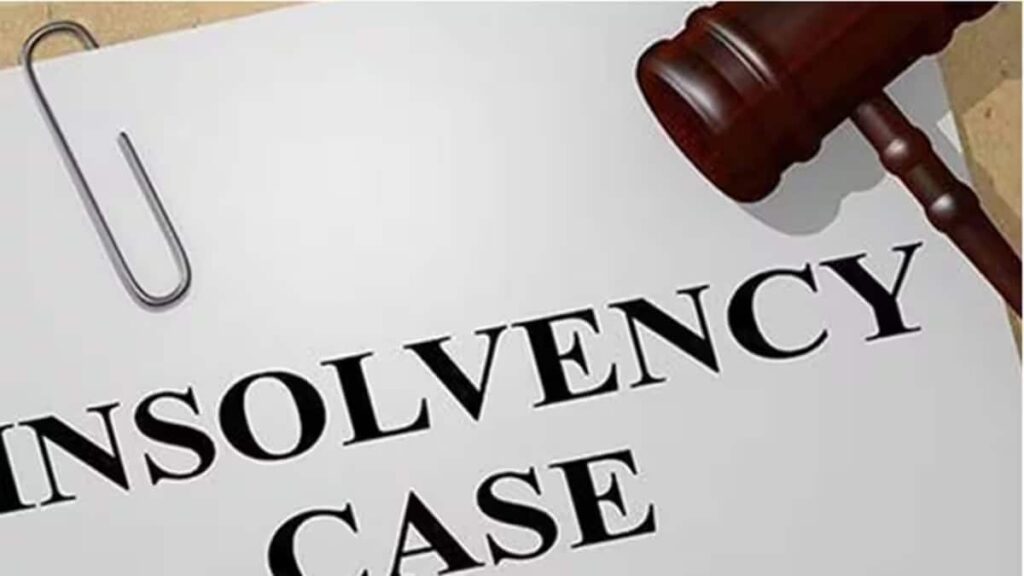NEW DELHI: In a bid to streamline the Corporate Insolvency Resolution Process (CIRP) and prevent delays in the execution of the resolution plans, the Insolvency and Bankruptcy Board of India (IBBI) has floated a discussion paper and proposed amendments to the existing regulations.
The proposed amendments suggest to structure the resolution plan in two parts – Part A will deal with inflow, that is, payments under the resolution plan, payment of insolvency resolution process cost et cetera; and Part B will deal with distribution to the various stakeholders.
“Structuring the resolution plan in two parts will enable the Adjudicating Authority (AA) to first approve the resolution plan effectuating control by the resolution applicant so that inflow can take place and the Corporate Debtor (CD) may start functioning again. The second part shall deal with distribution amongst the various stakeholders,” the discussion paper noted.
The discussion paper – which seeks comments from public till November 22 – also proposes to amend regulations dealing with: the approval of committee of creditors (CoC) for insolvency resolution process cost; monthly CoC meetings; valuation methodology; disclosure of valuation reports; continuation of process activities pending disposal of extension application by the (AA); and clarity in minimum entitlement to dissenting financial creditors.
Despite several amendments in the Insolvency and Bankruptcy Code (IBC) since its inception in 2016, the existing corporate resolution process is still beset with undue delays, protected litigations and a lack of transparency and clarity on several issues, say experts.
“The proposals presented in the discussion papers are expected to bring about comprehensive changes to make the mechanism robust, more effective and efficient while removing the existing shortcomings in the system,” said Sudhir Chandi, Partner, Resurgent Resolution Professional LLP.
“The issue relating to valuation is proposed to be addressed in a more realistic and pragmatic manner…transparency is proposed to be brought about relating to the methodology of valuation for avoiding unnecessary doubts and sharing this information in advance with all stakeholders as a part of the information memorandum will also help in a big way,” Chandi added.
Anoop Rawat, Partner, Shardul Amarchand Mangaldas & Co, said, “some of the suggestions such as pro rata or staggered payment to the dissenting creditors as against payment of entire entitlement prior to any payment to assenting creditors need further deliberation in view of recent supreme court judgements on the timing of payment to dissenting financial creditors.”
Source: The Financial Express




 Israel’s Far-Right Government Is Suffocating Domestic Dissent
Israel’s Far-Right Government Is Suffocating Domestic Dissent 